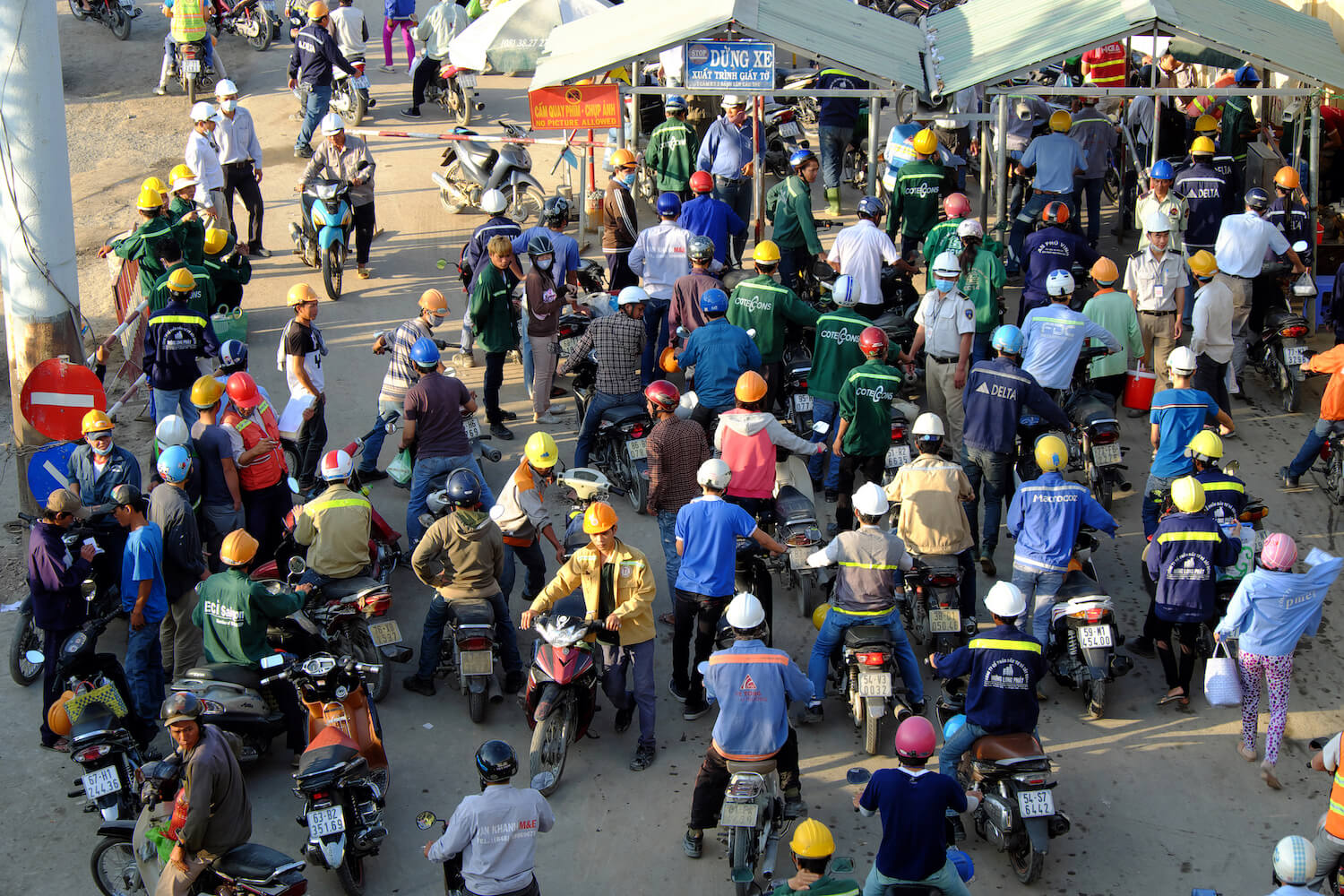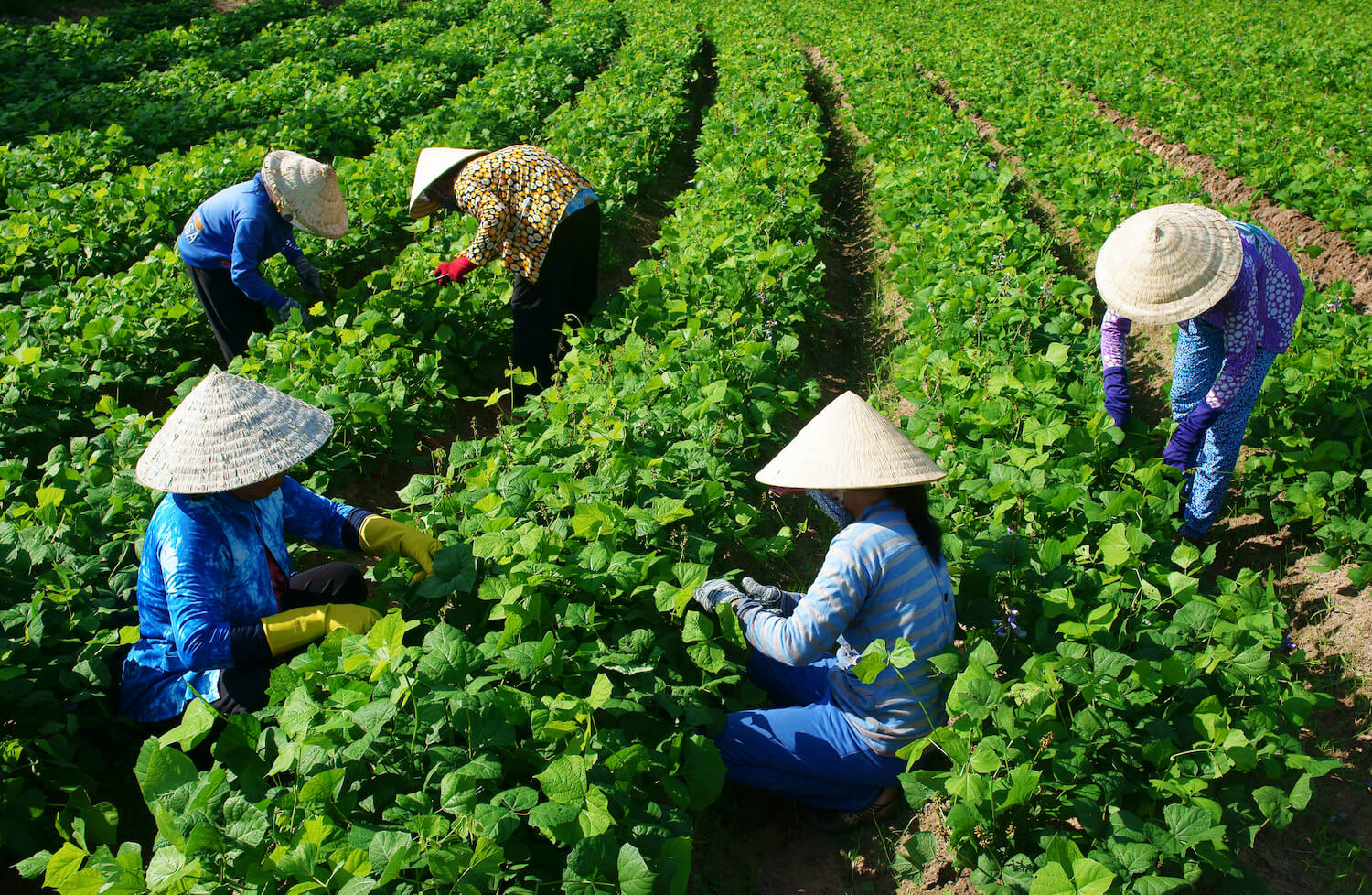





As the fifth-largest economy globally, ASEAN is both the origin and destination of 6.5 million intraregional migrant workers (UNDESA, 2019). After spending time working overseas, at the end of their contracts, migrant workers are expected to return to their home countries with a wealth of income, language fluency, enhanced skills, and technologically savvy. In theory, they contribute to society in the form of the remittances they send back, lowering the rate of unemployment and boosting productivity.
After slowing down during the COVID-19 pandemic, the overseas labour market has almost recovered fully with the number of workers going overseas reaching back to pre-pandemic levels. The increase in international labour migration in general and labour migration within ASEAN will continue to be a major trend. Governments, now armed with the experience gained in crisis response during the pandemic, should be able to adapt and improve future policies and approaches to better protect and promote the rights of workers going to work overseas as well as take advantage of the strengths that this experienced workforce can bring back to the economy.
As a country of origin, Viet Nam has initiated the Study on Labour Market Reintegration for Returned Migrant Workers in the ASEAN Region to tackle the labour market reintegration of return migrant workers. With the first phase conducted in Viet Nam as a pilot activity, the project seeks to understand further the hurdles faced by returning migrant workers, and from these findings, jump-start activities that support migrant workers as they reintegrate into the domestic labour market. These activities are designed to help the workers re-establish their lives and promote and use the qualifications and skills they acquired during their time working overseas. Recently, with the support of The Asia Foundation, the study was consolidated and put forth in a local but open workshop, where the opportunities and challenges faced by returning migrant workers were discussed. Through the exchanges among various stakeholders, the workshop has taken the first step in constructing a complete and realistic overview of the situation of returning workers, as well as the connections between the domestic and international labour markets.
As interviews with the study’s participants revealed, returning migrant workers faced several challenges, which is contrary to the rosy picture often painted of working overseas. There is an observation that migrant workers may be unaccustomed to the local working environment after returning from overseas, and as a result, were easily discouraged, and experienced job dissatisfaction.
Although local government support and Employment Support Centers’ (ESC), job fairs, and matching services are available to returning workers, most workers expressed a lack of awareness of labour support policies, although some are aware, thanks to the internet, of the operation of ESC. As a result, the support that returning workers are entitled to, whether for job searching or entrepreneurship, is underutilised.
Another aspect that greatly affects their future economic prospects is whether their home country’s economy can recognise the skills they had acquired overseas and provide appropriate remuneration so that they can attract skilled workers to participate productively and sustainably. Many returned workers have difficulties accepting the lower wages offered in the local labour market, rejecting what they consider to be low offers, and opting to seek employment elsewhere or back abroad. Others that accept lower pay may allow their dissatisfaction to affect their workplace attitudes or may leave employment quickly when they find a higher-paying job, causing employers to consider returned workers “risky” recruits. The problems varied from province to province, with those that had many migrant workers being more organised and having more support from the community of returning workers themselves.
In fact, the interview process of the study also surfaced the success stories of migrants who returned to their homes. Using their accumulated wealth, experiences and contacts, they started businesses that created more jobs in the community. Even those who found work in other companies showed greater skills and initiatives than their local counterparts, which raised the standard for others to follow.

The success stories all have something in common: a well-developed plan from pre-departure to post-return that shaped the career path of migrant workers. These could be developed into suitable templates to guide future migrant workers in planning for a fulfilling future.
Overall, the lack of data and statistics on the migrant returnees caused the greatest challenge to both policy-making and personal planning. While returning migrants should not be viewed as a protected group that needs support like other vulnerable groups, they do need guidance so their elevated skills and experiences can be recognised and tapped to contribute to the local economy. With access to more resources and better skills than entry-level workers in the domestic labour market, migrant workers represent an untapped resource that can be utilised to help alleviate the internal pressure of the labour market and create an incentive to develop higher-skilled workers to meet the demand of the job market.
From the workshop, several directions were charted, from pressing matters such as developing an integrated labour market database for departing and returning migrants, which will feed into evidence-based policies and more awareness of the worker situation at the macro-level; extending migrant worker support services; improving inter-agency and public-private coordination and communication channels; accelerating the implementation of labour reintegration policies; to longer terms goals of developing the policy framework for and mutual recognition of skills and qualification, and matching skills training programmes with job market demands.
It is expected that the pilot stage will produce its complete report in the first half of 2023, which will then provide a basis for developing an approach to the issue, so other ASEAN Member States can jump-start their national studies. In Phase 2, the study will be replicated in other countries of origin in ASEAN with the participation of countries of destination and other stakeholders to provide a complete view of the topic.
The study output will be a regional report on the reintegration of returning migrant workers, which can warrant better cooperation among ASEAN Member States to expand the implementation of the ASEAN Declaration to Protection and Promotion of the Rights of Migrant Workers towards the common vision of ASEAN 2030.








